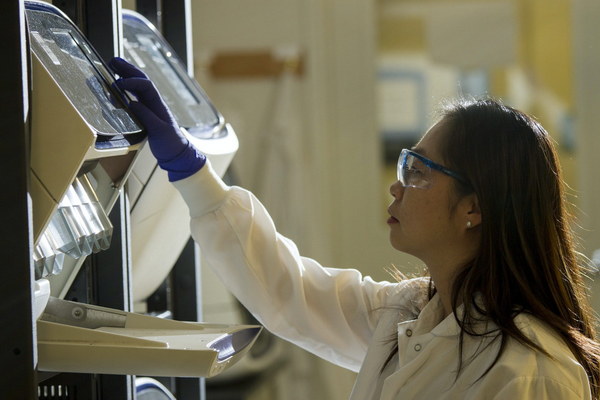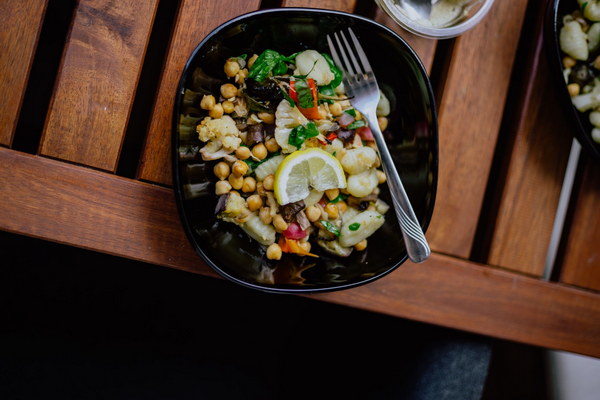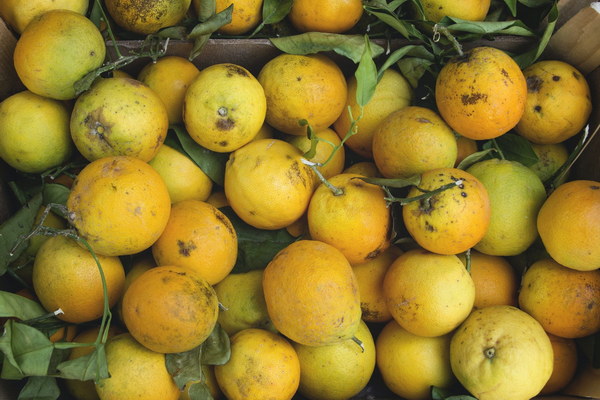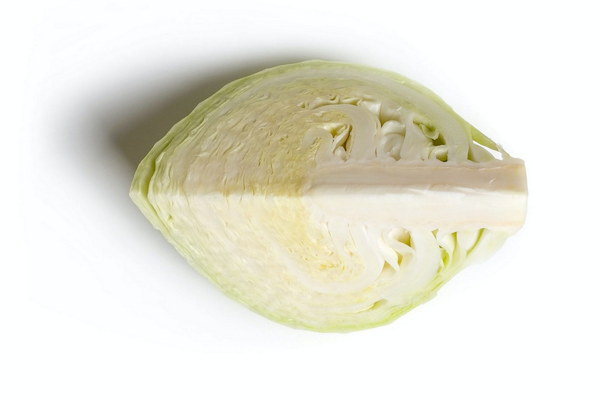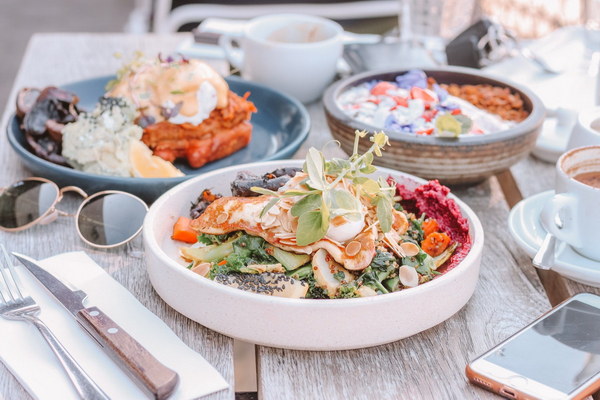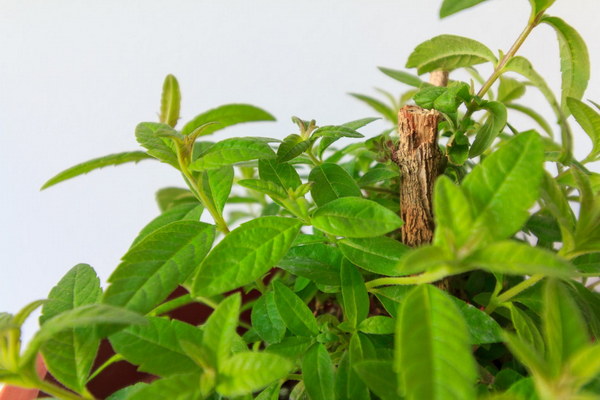Renal Detox and Moisture-Removing Chicken Soup A Traditional Remedy for Nephropathy
In the realm of traditional Chinese medicine, there is a remarkable soup known as the Renal Detox and Moisture-Removing Chicken Soup. This culinary concoction has been used for centuries to address various kidney-related issues, including nephropathy. Nephropathy, which refers to kidney damage or disease, can be caused by a range of factors, such as diabetes, high blood pressure, and infections. This article delves into the benefits of the Renal Detox and Moisture-Removing Chicken Soup, its ingredients, and how it can help alleviate the symptoms of nephropathy.
Understanding Nephropathy
Nephropathy is a condition that affects the kidneys, which play a crucial role in filtering waste and excess fluid from the blood. When nephropathy occurs, the kidneys' ability to perform this function is compromised, leading to a buildup of waste products and fluid in the body. This can result in a range of symptoms, including:
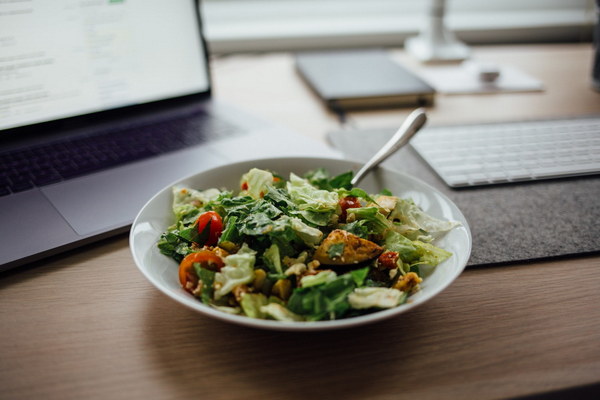
- Swelling, particularly in the legs, ankles, and feet
- Fatigue
- Changes in urine output
- High blood pressure
- Back pain
The Renal Detox and Moisture-Removing Chicken Soup
The Renal Detox and Moisture-Removing Chicken Soup is a time-honored remedy that aims to restore the kidneys' health by promoting detoxification and reducing moisture in the body. The soup is believed to work by:
- Increasing blood flow to the kidneys
- Reducing inflammation and swelling
- Improving the kidneys' ability to filter waste
- Enhancing overall kidney function
Ingredients
The key ingredients in the Renal Detox and Moisture-Removing Chicken Soup include:
1. Chicken: A source of protein and electrolytes that can help restore the body's balance.
2. Astragalus root (Huang Qi): Known for its immune-boosting properties, it can help fight off infections that may contribute to kidney damage.
3. Goji berries (Luòzǐ): Rich in antioxidants, goji berries can help reduce inflammation and improve kidney function.
4. Poria (Fuling): A traditional Chinese medicinal herb that promotes urine production and reduces swelling.
5. Chinese yam (Shanyao): Known for its nourishing and moistening properties, it can help alleviate symptoms of kidney weakness.
6. Dried tangerine peel (Chénpi): Helps regulate fluid balance and reduce swelling.
7. Ginger (Shēngjiāng): A warming herb that can help improve circulation and reduce inflammation.
How to Make the Soup
To prepare the Renal Detox and Moisture-Removing Chicken Soup, follow these steps:
1. Clean and cut the chicken into bite-sized pieces.
2. Soak the astragalus root, goji berries, poria, and Chinese yam in water for 30 minutes.
3. In a large pot, bring 8 cups of water to a boil. Add the chicken, astragalus root, goji berries, poria, and Chinese yam.
4. Simmer the mixture for 1-2 hours, or until the chicken is tender.
5. Add the dried tangerine peel and ginger to the pot, and continue simmering for another 30 minutes.
6. Remove the pot from heat and strain the soup to remove the solid ingredients.
7. Serve the soup warm, and consume it twice a day.
Benefits of the Soup
The Renal Detox and Moisture-Removing Chicken Soup offers several benefits for individuals suffering from nephropathy:
- Detoxification: The soup helps to eliminate toxins and waste products from the kidneys, promoting overall kidney health.
- Moisture-removing: By reducing moisture in the body, the soup can alleviate swelling and improve kidney function.
- Immune-boosting: The astragalus root and goji berries in the soup can help strengthen the immune system, reducing the risk of infections that can exacerbate kidney damage.
- Nutritional support: The protein and electrolytes in the chicken, along with the nutrients in the other ingredients, can help restore the body's balance and support kidney health.
In conclusion, the Renal Detox and Moisture-Removing Chicken Soup is a traditional Chinese remedy that has been used for centuries to address kidney-related issues, including nephropathy. By incorporating this soup into your diet, you may be able to alleviate symptoms, promote kidney health, and improve overall well-being. However, it is essential to consult with a healthcare professional before making any significant changes to your diet or treatment plan.
